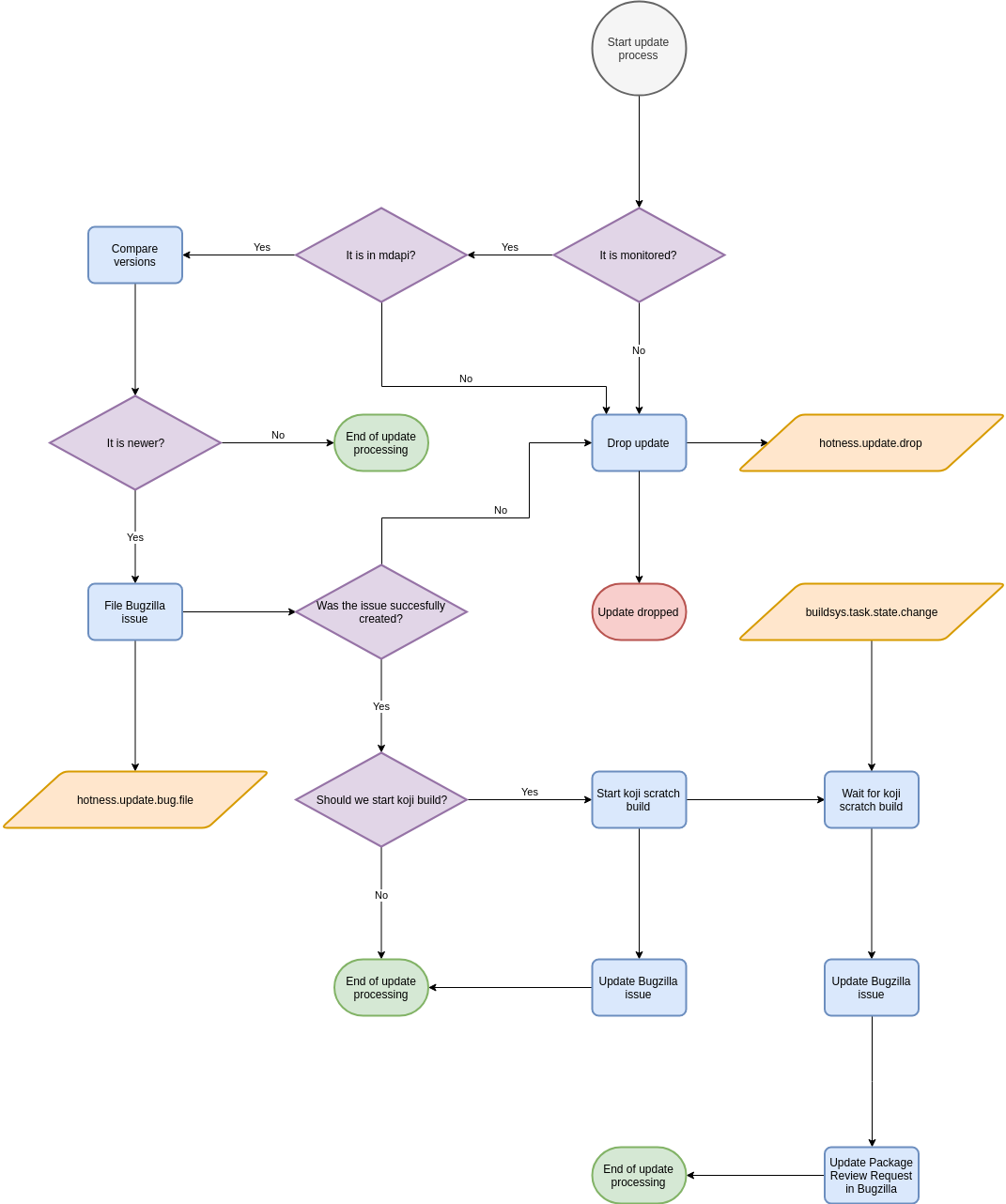


&query_format=advanced&limit=0&ctype=csv&human=1 Here's an example including Bug ID, Product, Component, Assignee, Status, Summary, Operating System, Whiteboard, and Keywords:Ĭolumnlist=bug_id,product,component,assigned_to,bug_status,short_desc,op_sys,status_whiteboard,keywords To export a different set of columns, you'll need to specify them in your URL, formatted using the internal variable names. The set of columns that will be exported is set in your local config/cookie (AFAIK). &product=LibreOffice&query_format=advanced&limit=0& ctype=csv&human=1 note that we've lost the order term, and gained values for ctype and human. Here are the changes necessary to get a CSV text file instead of an HTML page: note the difference, highlighted in bold. &product=LibreOffice&query_format=advanced &limit=0&order=priority%2Cbug_severity. If we want to remove the limit, here's the change: &product=LibreOffice&query_format=advanced Here's the standard URL to search for all UNCONFIRMED bugs in the browser (limited to 500): Here's an example of a simple search URL with the following parameters: (Note: this information may change - please check with TDF sysadmins for further information) CSV ExportĮxporting data in CSV format is relatively straightforward if you know some tricks :-) If you're connecting to it with a tool like the Mediawiki-Bugzilla plugin, this information will prove useful: Bots that feed into IRC channels and our Mailing Listsīugzilla has an accessible XML-RPC interface.Does Bugzilla allow data to be imported and exported?.It's also possible to get feeds and CSV exports from Bugzilla: We use the XML-RPC interface for the Bugzilla-MediaWiki plugin: There are multiple APIs for export (and other data manipulation).


 0 kommentar(er)
0 kommentar(er)
